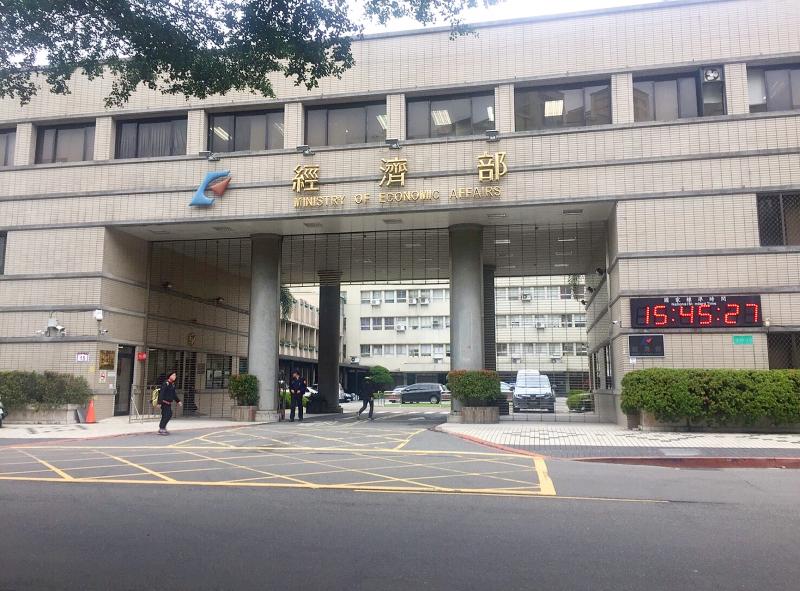An announcement by ASE Technology Holding Co (ASE, 日月光投控) ordering its migrant workers to move from private rented accommodation to company dormitories is in line with Central Epidemic Command Center (CECC) regulations, the Ministry of Economic Affairs said on Saturday.
The “temporary measures” adopted by the IC packaging and testing company “are in accordance with epidemic prevention requirements set by the CECC,” the ministry’s Industrial Development Bureau said in a statement.
By stepping up regulation of worker accommodation, the company hopes to prevent more migrant workers contracting COVID-19, the statement said.

Photo: Lin Jin-hua, Taipei Times
The statement did not specify which CECC regulations the company was following. A set of guidelines released by the CECC in March advising companies how to operate in the event a COVID-19 outbreak does not mention dormitory management.
Guidelines issued by the bureau on Monday last week state that companies operating assembly lines should divide workers into groups. Different groups should use different restrooms, locker rooms and shuttle buses, and those in the same group should live in the same dormitory or building, if such accommodation is provided by the company, the bureau’s guidelines say.
The statement came after the Guardian on Friday reported that ASE had ordered migrant workers who are employed at its plant in Taoyuan’s Jhongli District (中壢) and living in private rented accommodation to move back to company dormitories immediately or face a “major demerit.”

KEEPING UP: The acquisition of a cleanroom in Taiwan would enable Micron to increase production in a market where demand continues to outpace supply, a Micron official said Micron Technology Inc has signed a letter of intent to buy a fabrication site in Taiwan from Powerchip Semiconductor Manufacturing Corp (力積電) for US$1.8 billion to expand its production of memory chips. Micron would take control of the P5 site in Miaoli County’s Tongluo Township (銅鑼) and plans to ramp up DRAM production in phases after the transaction closes in the second quarter, the company said in a statement on Saturday. The acquisition includes an existing 12 inch fab cleanroom of 27,871m2 and would further position Micron to address growing global demand for memory solutions, the company said. Micron expects the transaction to

Vincent Wei led fellow Singaporean farmers around an empty Malaysian plot, laying out plans for a greenhouse and rows of leafy vegetables. What he pitched was not just space for crops, but a lifeline for growers struggling to make ends meet in a city-state with high prices and little vacant land. The future agriculture hub is part of a joint special economic zone launched last year by the two neighbors, expected to cost US$123 million and produce 10,000 tonnes of fresh produce annually. It is attracting Singaporean farmers with promises of cheaper land, labor and energy just over the border.

US actor Matthew McConaughey has filed recordings of his image and voice with US patent authorities to protect them from unauthorized usage by artificial intelligence (AI) platforms, a representative said earlier this week. Several video clips and audio recordings were registered by the commercial arm of the Just Keep Livin’ Foundation, a non-profit created by the Oscar-winning actor and his wife, Camila, according to the US Patent and Trademark Office database. Many artists are increasingly concerned about the uncontrolled use of their image via generative AI since the rollout of ChatGPT and other AI-powered tools. Several US states have adopted

A proposed billionaires’ tax in California has ignited a political uproar in Silicon Valley, with tech titans threatening to leave the state while California Governor Gavin Newsom of the Democratic Party maneuvers to defeat a levy that he fears would lead to an exodus of wealth. A technology mecca, California has more billionaires than any other US state — a few hundred, by some estimates. About half its personal income tax revenue, a financial backbone in the nearly US$350 billion budget, comes from the top 1 percent of earners. A large healthcare union is attempting to place a proposal before